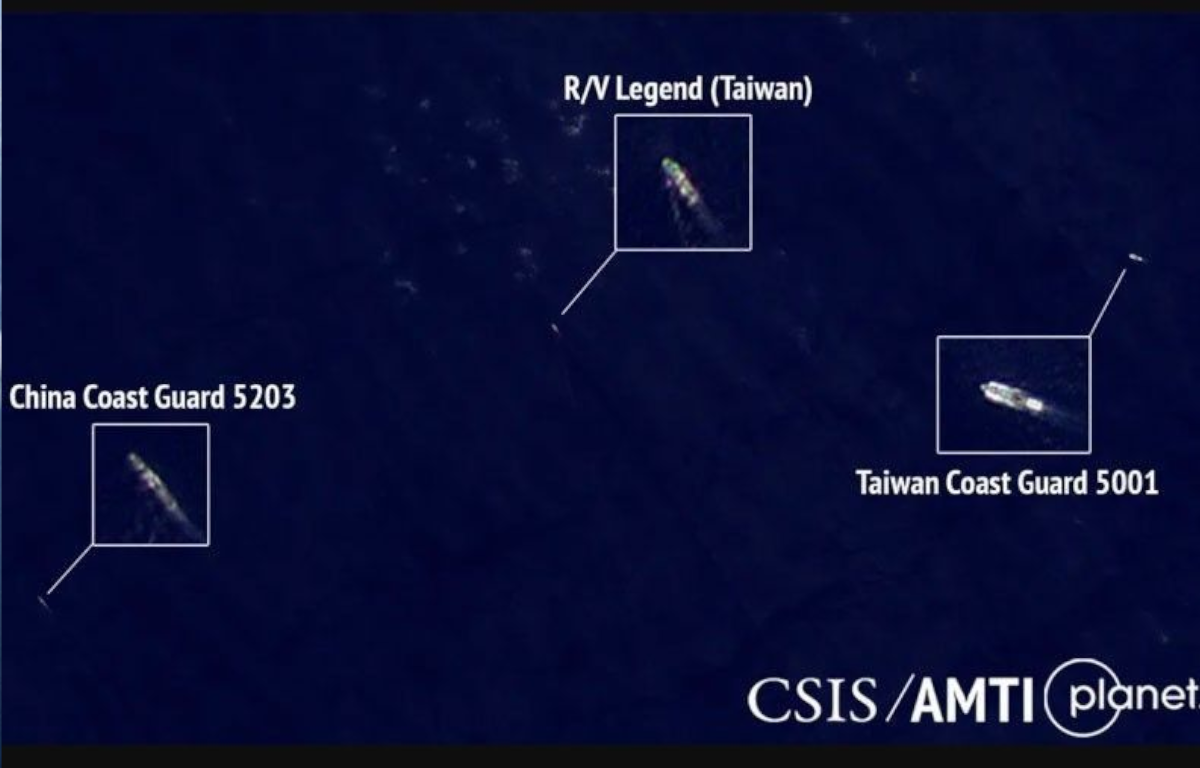
In a bid to ease escalating tensions in the South China Sea, China (CH) has extended a call to the Philippines (PH) to collaboratively work towards a peaceful resolution. This gesture comes amid growing concerns over territorial disputes and maritime conflicts in the region. The proposition for joint efforts to defuse the situation underscores the need for diplomatic dialogue and cooperation to maintain stability and prevent the escalation of conflicts.
The South China Sea, a strategically significant waterway, has been a focal point of contention involving multiple nations. China’s expansive territorial claims in the region have caused friction with neighboring countries, including the Philippines, Vietnam, Malaysia, and Indonesia. The overlapping claims to islands, reefs, and maritime resources have led to naval standoffs, protests, and concerns about regional security.
China’s proposal to work alongside the Philippines to alleviate these tensions signifies a step towards a diplomatic solution. This approach is aligned with the principles of international law, particularly the United Nations Convention on the Law of the Sea (UNCLOS), which provides a framework for resolving maritime disputes through peaceful negotiations. By advocating joint efforts, China acknowledges the importance of dialogue over confrontation, emphasizing the need for mutual understanding and cooperation.
The Philippines, as a key stakeholder in the South China Sea disputes, holds a strategic position in this proposed collaboration. The nation’s acceptance of China’s proposition would demonstrate a commitment to regional stability and a preference for peaceful means of conflict resolution. It could set a precedent for other claimant nations to engage in similar diplomatic initiatives, promoting a more harmonious and cooperative atmosphere in the region.
A collaborative approach to defusing tensions in the South China Sea has several potential benefits. Firstly, it can create a conducive environment for open dialogue, allowing both countries to express their concerns, interests, and aspirations. Secondly, it provides a platform to discuss maritime boundaries, resource sharing, and navigation rights. Thirdly, joint efforts could lead to the establishment of confidence-building measures, such as agreements to prevent naval clashes and enhance transparency in military activities.
However, challenges to this collaborative proposal are not to be underestimated. Deep-seated historical grievances, national interests, and domestic pressures may complicate the negotiations. Building trust between the involved parties and finding common ground on contentious issues will require diplomatic finesse and persistence.
As the international community watches closely, the outcome of China’s proposition to the Philippines could signal a new chapter in South China Sea relations. A successful collaborative effort would demonstrate that diplomacy can prevail over confrontation, setting a positive precedent for managing disputes in the region. It would also showcase the significance of international norms and mechanisms in resolving complex geopolitical issues.










Share this: